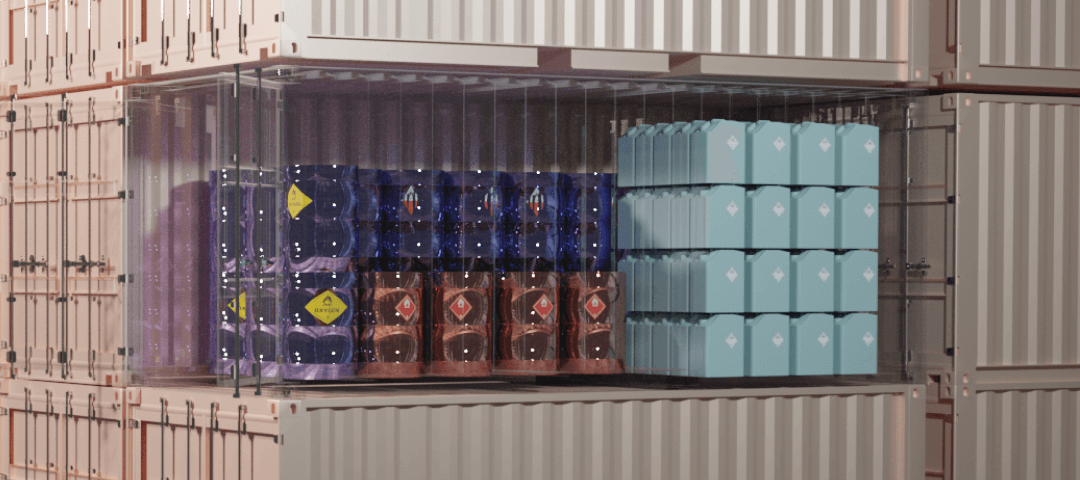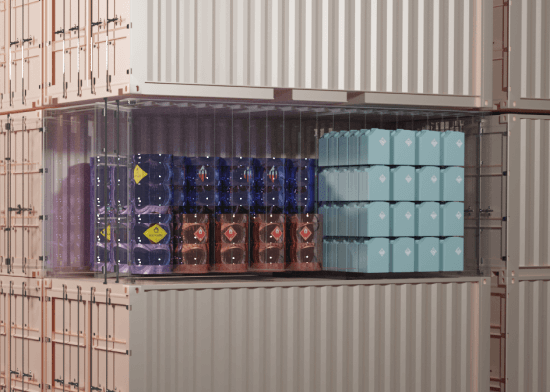Dangerous Goods Transportation & Classifications
Dangerous goods - substances, materials, products, industrial and other waste that, due to their inherent properties, in the presence of certain factors, during transportation can cause an explosion, fire, damage to technical equipment, devices, structures and other objects, cause material damage and environment damage and also lead to death, injury, poisoning of people and animals.



What is dangerous goods?
Dangerous goods are any objects with characteristics and properties that can: threaten human life and health; cause irreparable harm to the environment; cause damage to material objects. Substances under this designation are:

Capable of exploding due to friction or detonation, leaving large-scale damage

Belonging to the category of strong poisons, hazardous to human life and health.

Causing a corrosive process in conventional containers for storage, which may result in the release of a substance.

That can easily ignite due to temperature or other factors.

IMO IMDG Code is the main document governing the carriage of dangerous goods by sea. Forwarding companies operating on SeaRates are regularly required to qualify for knowledge of this code.




Classification
There are 9 classes of dangerous goods, selected on the basis of their characteristics and degree of danger.
- Substances that can cause an explosion;
- Compressed, dissolved substances under pressure;
- Liquids, easily and quickly flammable;
- Solids, characterized by ease of ignition, self-igniting substances, cargo, emitting gases under the influence of water, subject to ignition;
- Oxidizing loads, organic peroxides;
- Poisonous goods, as well as goods that can cause infection;
- Radioactive loads;
- Caustic and corrosive substances;
- Other goods dangerous to humans and the environment.on.

IMO cargo transportation by different modes of transport
SeaRates sets high standards for the competence of freight forwarders in working with shipping lines, railway operators and air lines, as well as in complying with the rules for the transport of dangerous goods by road using ADR.
There are a number of codes that regulate both international maritime and domestic transport of dangerous goods (such as MARPOL 73/78 , SOLAS - 74 and local GOSTs ), and depending on the requirements for each particular shipment, the transport company follows the relevant regulations so that you can be sure for the safety and timeliness of your cargo delivery on any Incoterms.
Nehmen Sie noch heute Kontakt auf!
Shipping dangerous goods? SeaRates provides the reliable delivery and support you need. For additional information, please contact us.